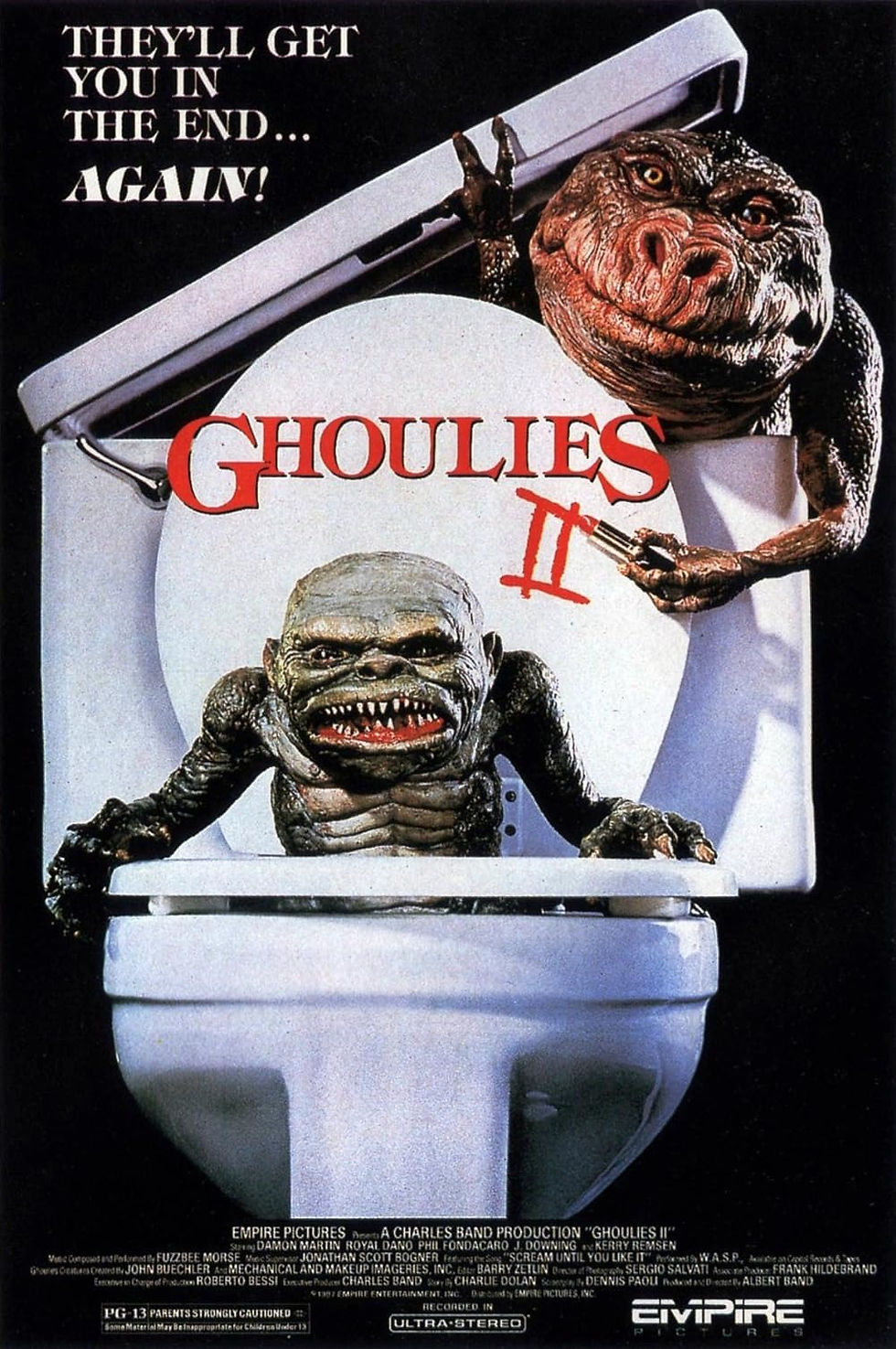The Rise of the Undead: Zombies in Horror Cinema
- Allan Major

- Mar 13, 2024
- 3 min read
Updated: May 22, 2024

Buckle up, horror hounds, 'cause we're about to dissect the putrid, ever-evolving corpse of the zombie in cinema. This ain't some dry academic treatise; think of it as a midnight ramble through the graveyard of horror history. We'll exhume the shambling origins of the undead, chart their gruesome transformation through the ages, and try to make some sense of their enduring hold on our nightmares.
The Birth of a Brain-Munching Behemoth
The undead's cinematic journey kicked off way back in 1932 with the release of "White Zombie." This film, with its voodoo masters and entranced Haitian laborers, gave us a glimpse of the classic zombie: a blank-eyed, subservient husk. Yet, it wasn't until George A. Romero's "Night of the Living Dead" hit screens in 1968 that the zombie as we know it – the ravenous, flesh-craving monster – sank its teeth into the cultural consciousness.
Romero's masterpiece wasn't just a gut-munching gore-fest. It was a mirror reflecting the anxieties of its era: the Vietnam War, the Civil Rights Movement, societal collapse. Those shambling corpses weren't simply out for a midnight snack; they were stand-ins for every nameless, faceless dread lurking at the fringes of our world.

The Evolution of the Undead: From Shuffling Ghouls to Sprinting Terrors
In the decades that followed, filmmakers and storytellers picked up Romero's bloody mantle and ran with it. Zombies morphed and mutated, reflecting shifting societal fears and tapping into new veins of terror:
Consumerist Hordes: Romero himself returned to the undead well with "Dawn of the Dead" (1978), setting his ravenous walkers loose in that cathedral of consumption – the shopping mall. It was a scathing indictment of mindless materialism.
Fast and Furious: The early 2000s saw a resurgence of the undead, epitomized by "28 Days Later" (2002). Gone were the slow, lurching ghouls. These infected were rage-filled, sprinting nightmares, injecting a fresh dose of adrenaline into the genre.
The Comedy of the Undead: Perhaps in a bid to exorcise the zombie's bleakness, films like "Shaun of the Dead" (2004) took a satirical swing at the genre, proving even the brain-hungry apocalypse could have its share of laughs.
Why Are We So Obsessed With Zombies?: Unpacking the Symbolism
Beyond the jump scares and buckets of gore, zombie movies tap into deep-rooted human anxieties. They embody the fear of losing control, whether to disease, societal breakdown, or something monstrous within ourselves. They're a walking memento, a reminder that death comes for us all, and sometimes it doesn't stay down.
Some films use the zombie apocalypse as a playground for exploring questions of survival, morality, and what it means to be human when stripped down to the bare essentials. They force us to confront the uncomfortable questions: Would you sacrifice your own humanity to stay alive? Who are the real monsters in a world gone mad?

The Undying Legacy of the Zombie
From their humble B-movie origins to their current pop culture dominance (hello, "The Walking Dead"), the zombie monsters have clawed their way into our collective psyche. They are more than just rotting antagonists; they're canvases upon which we project our fears, our fascinations, and even our twisted sense of humor.
Are zombies played out? Maybe. Is there still room for inventive, terrifying takes on the undead? Absolutely. As long as we fear death, as long as we wrestle with the dark corners of the human condition, the zombie will continue its relentless, rotting march. And I'll be there, front and center, chronicling every grotesque, strangely beautiful step.







